

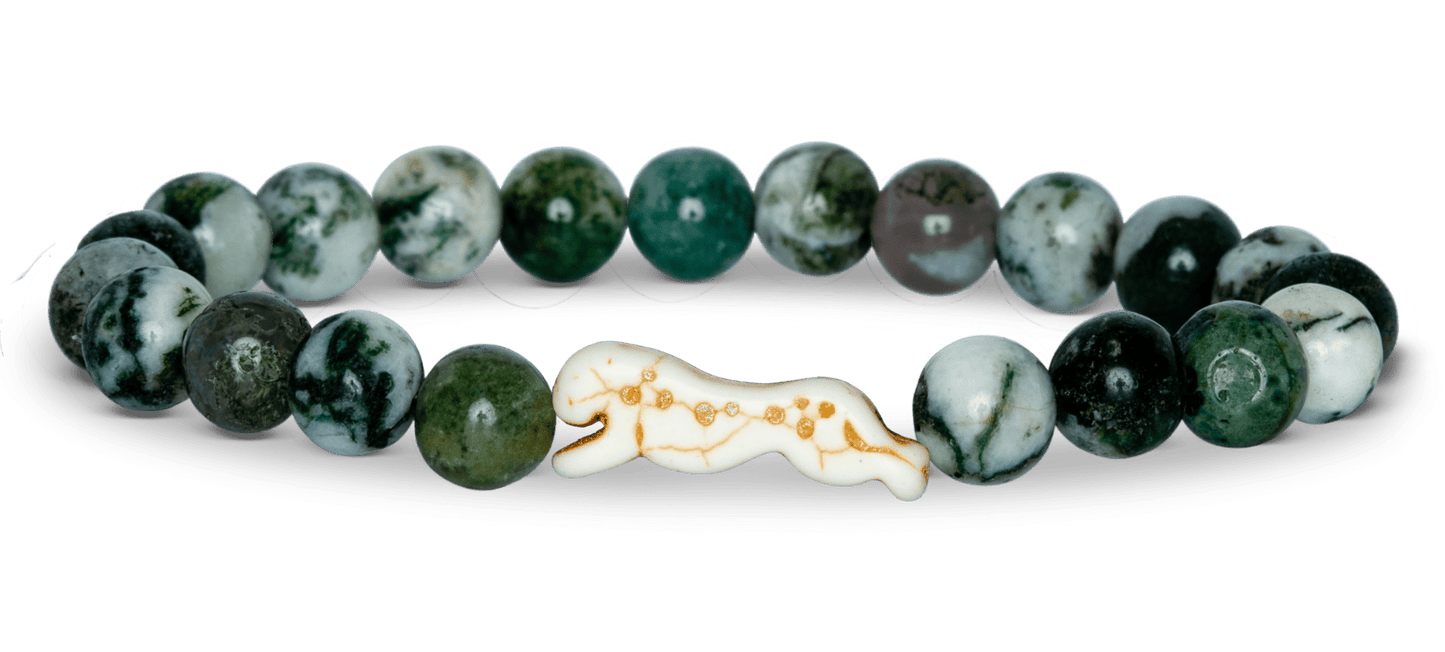
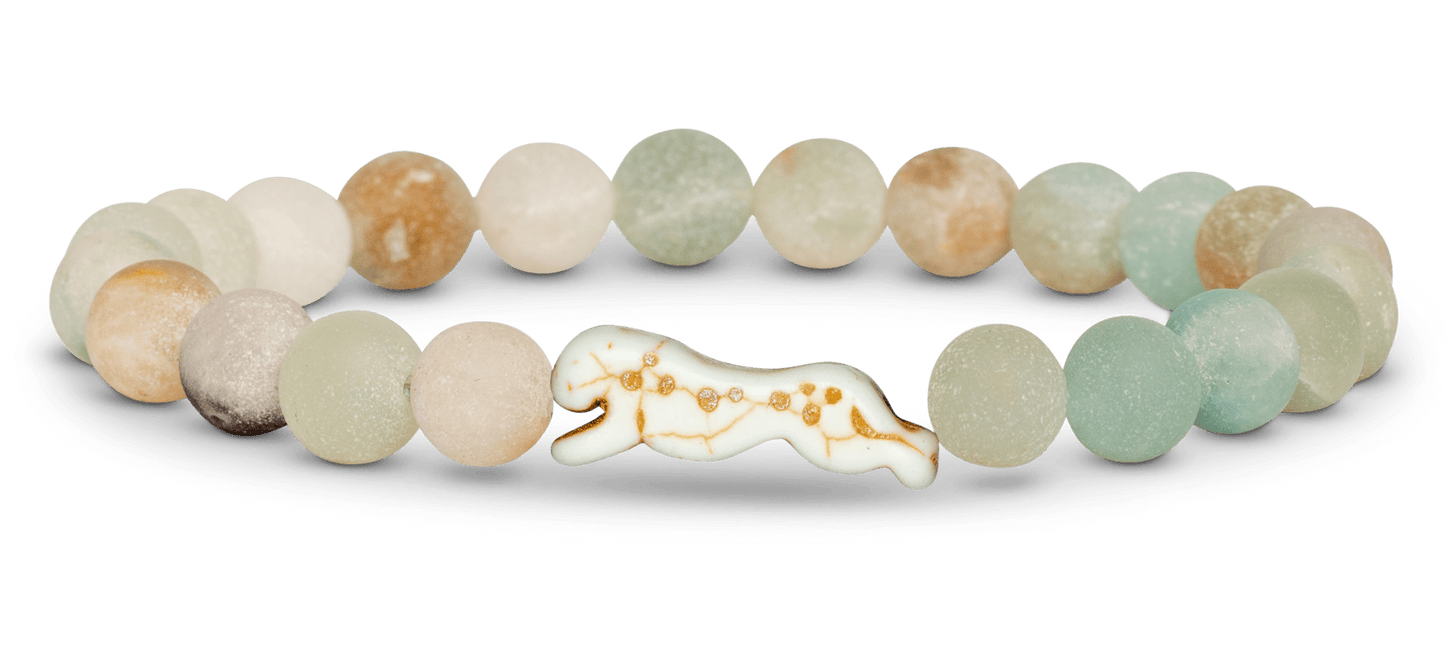

Each Bracelet Comes with
a Real Cheetah to Track
Each Bracelet Comes
with a Real Cheetah
to Track
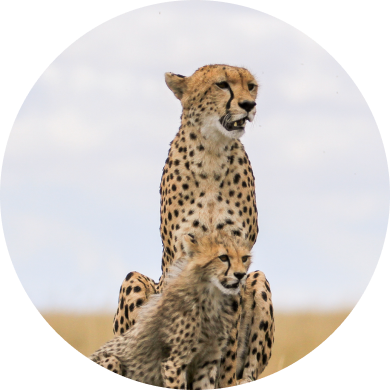
Meet your cheetah and learn their story
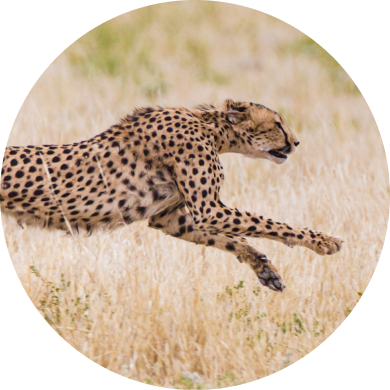
Reveal exclusive stats, photos, and updates along the way
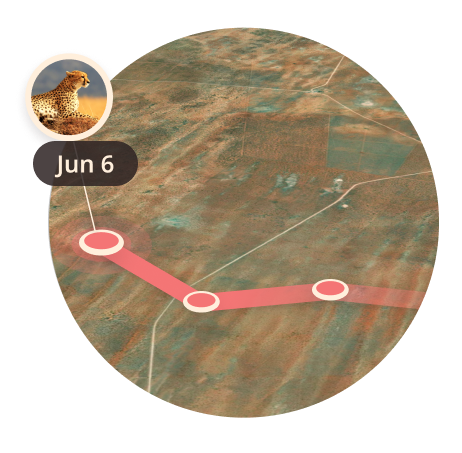
Follow their path on a 3D tracking map

In partnership with Cheetah Conservation Fund
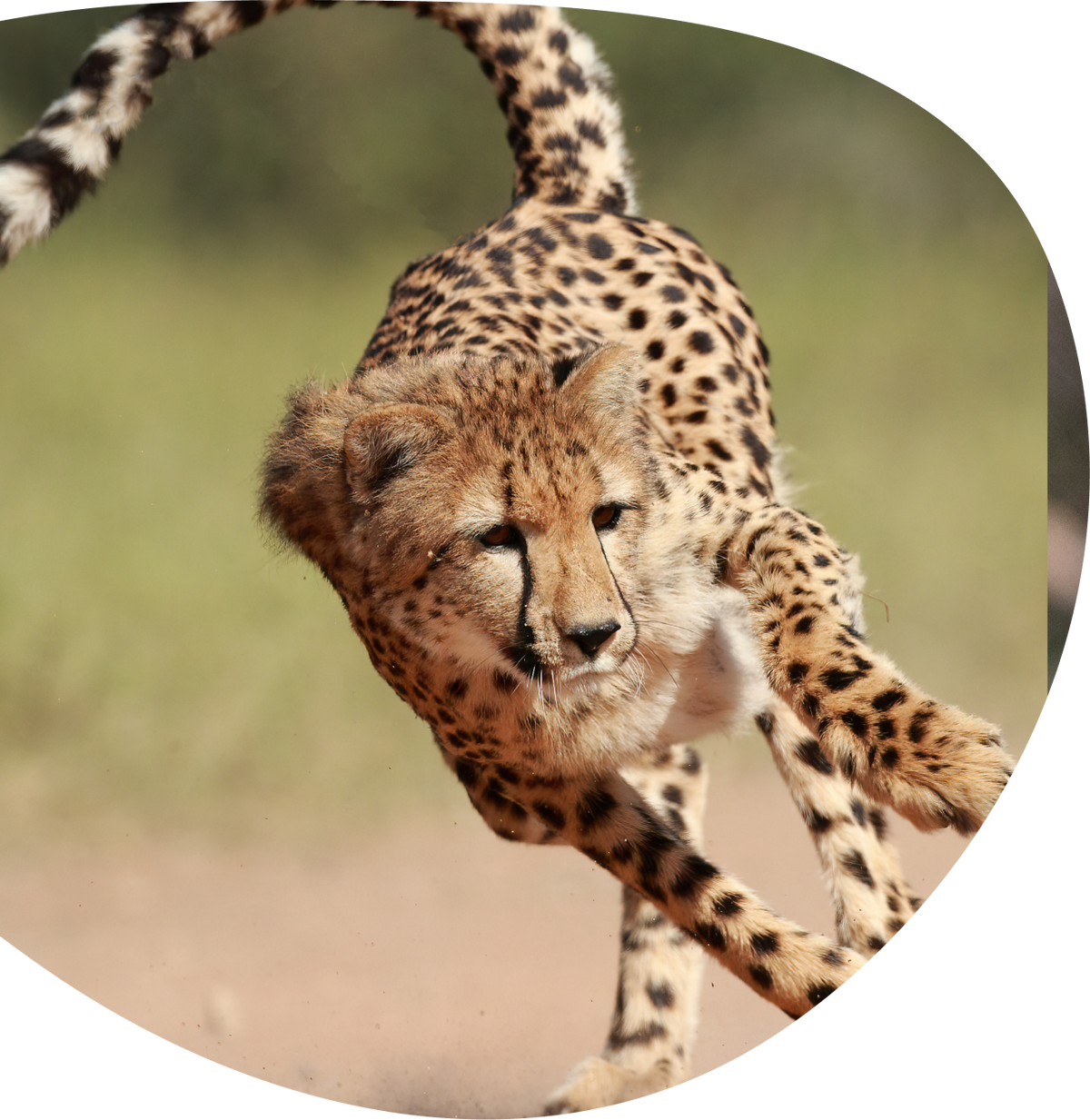
Made in partnership with Cheetah Conservation Fund to protect vulnerable cheetahs and the savannas they call home. Your purchase helps Fahlo further their mission alongside scientific research, environmental education, and community outreach.
One Small Bracelet.
One Big Mission.
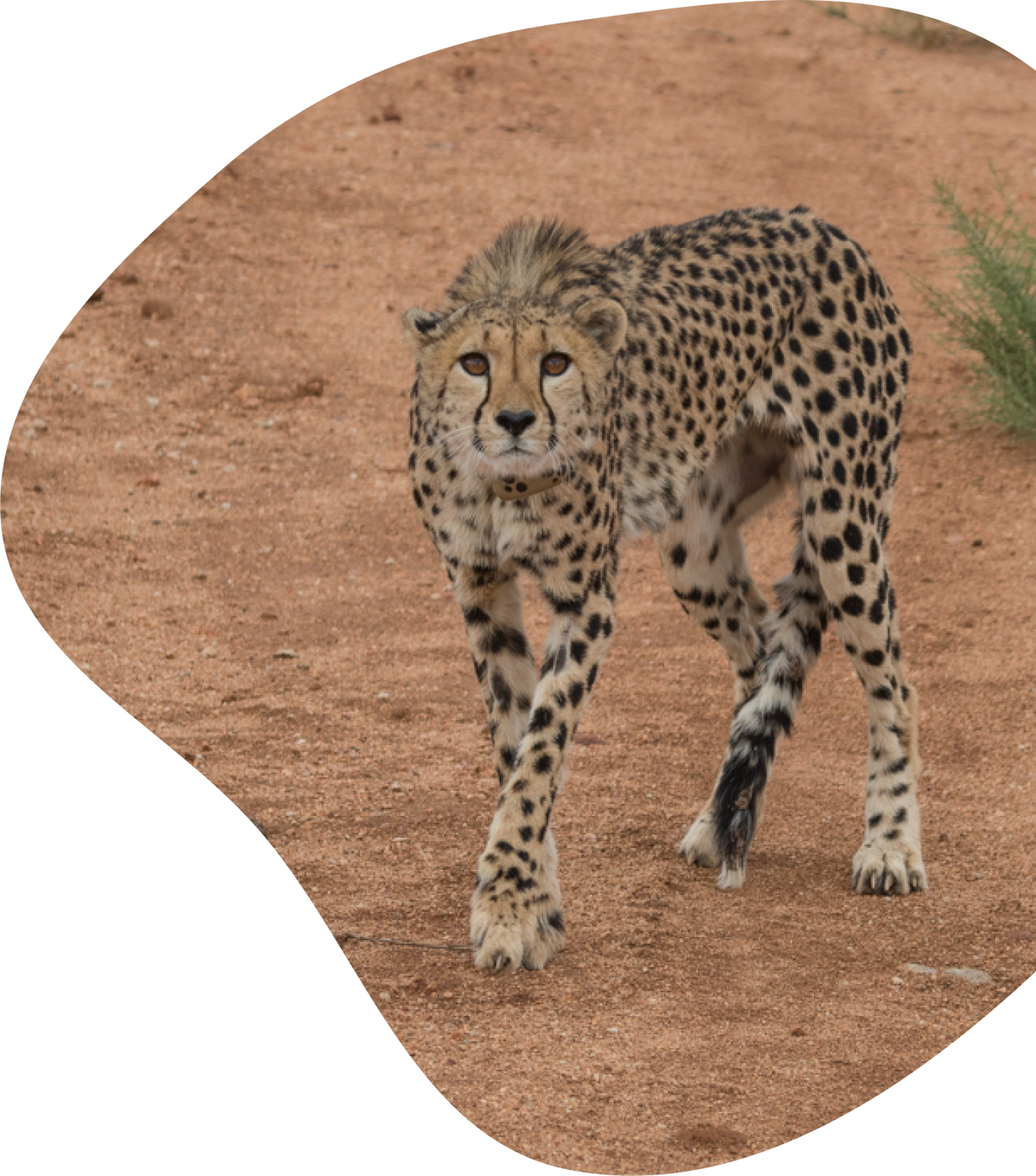
Common Questions
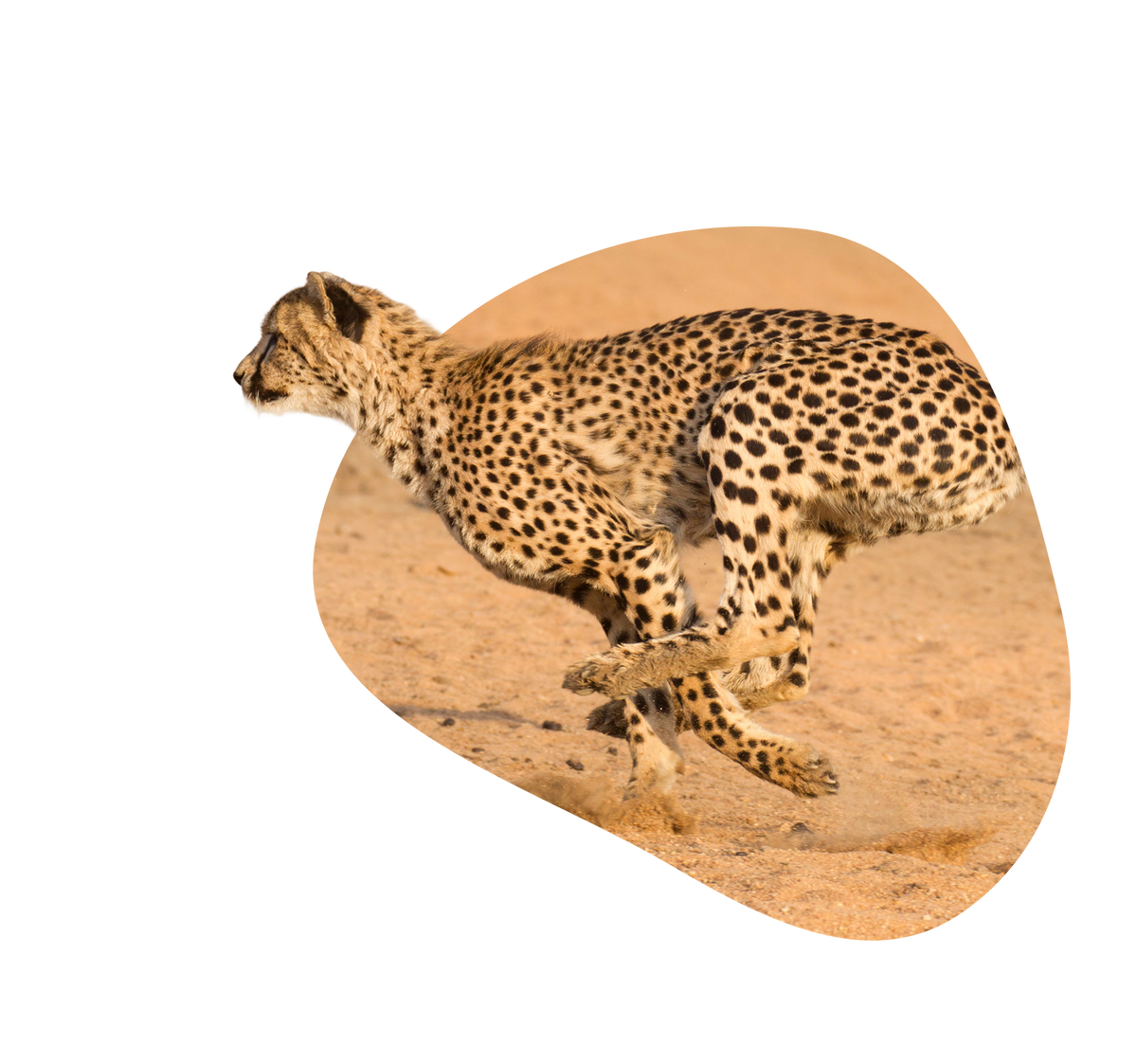
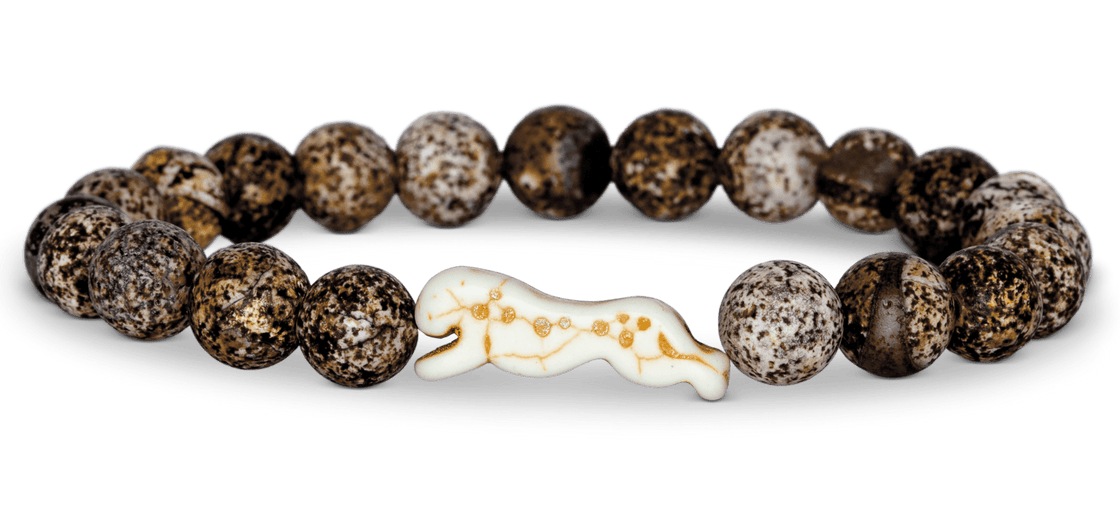
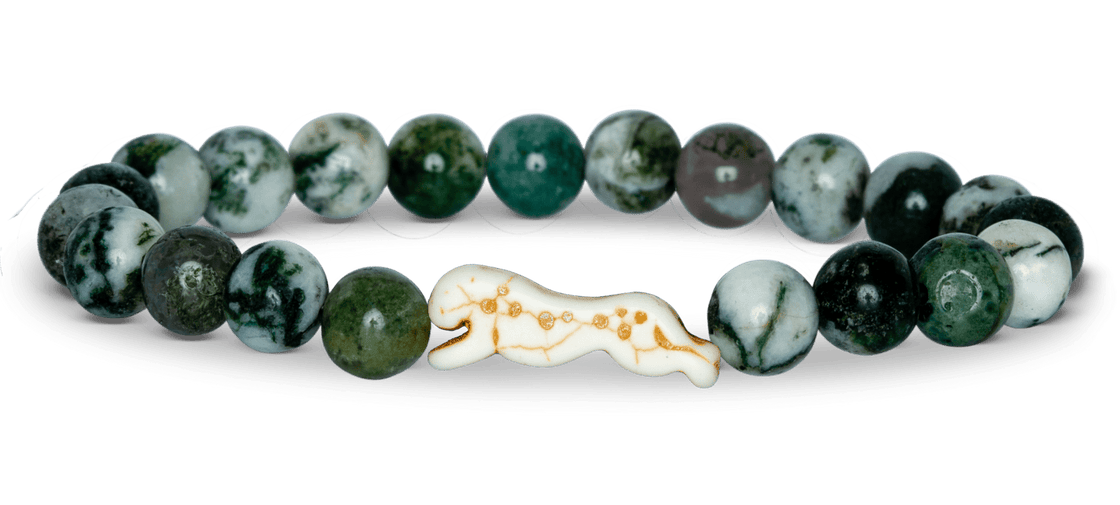



 This animal’s safety guarded with the Fahlo Protection Ping™
This animal’s safety guarded with the Fahlo Protection Ping™ Add 3 or more bracelets and get free shipping!
Add 3 or more bracelets and get free shipping! Fahlo donates 10% of all profits to our nonprofit partners
Fahlo donates 10% of all profits to our nonprofit partners Sizing: Elastic, one size fits most
Sizing: Elastic, one size fits most SSL Secure Checkout
SSL Secure Checkout Worldwide Shipping
Worldwide Shipping Dedicated Customer Service
Dedicated Customer Service 100% Happiness Guarantee
100% Happiness Guarantee